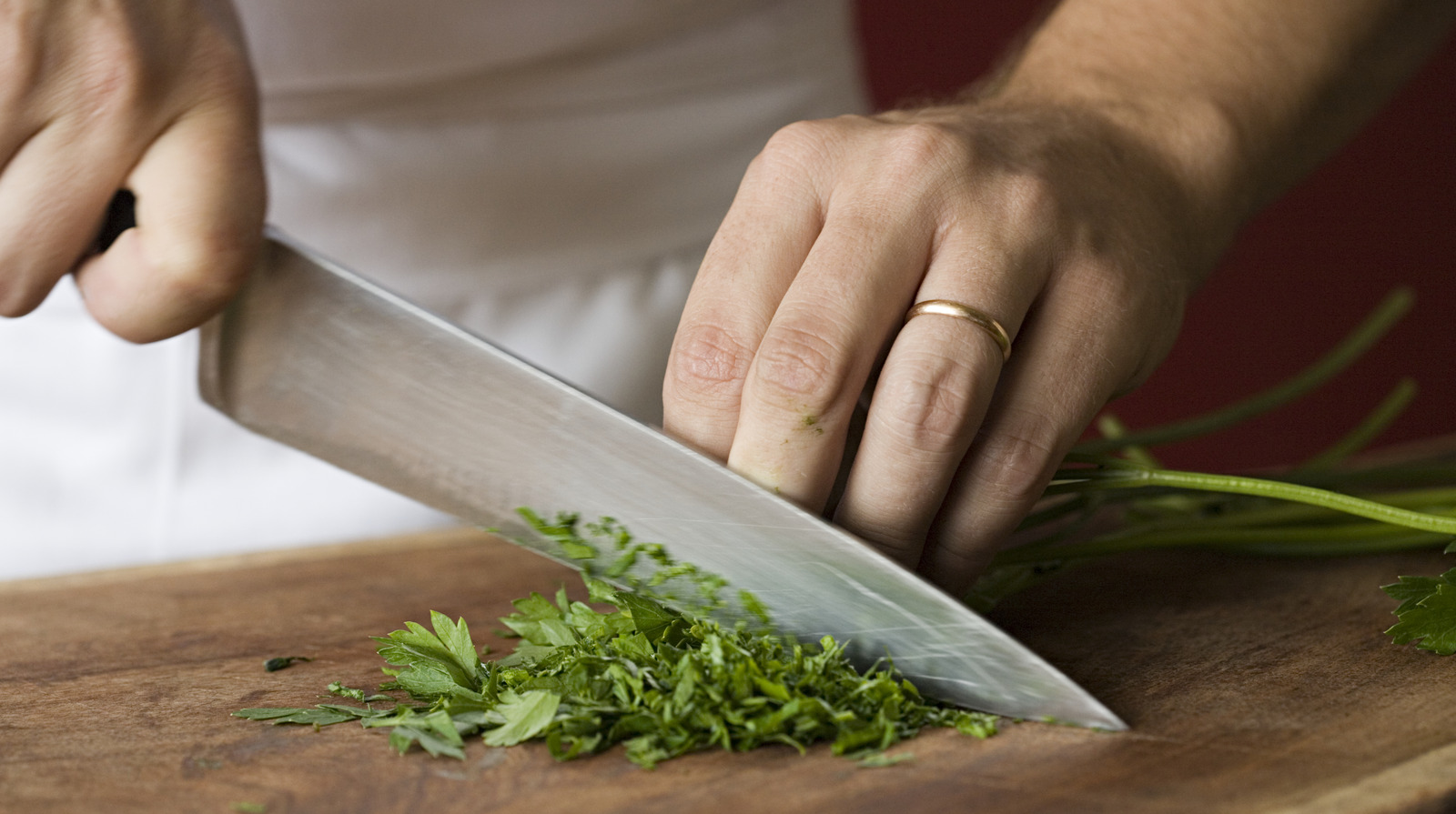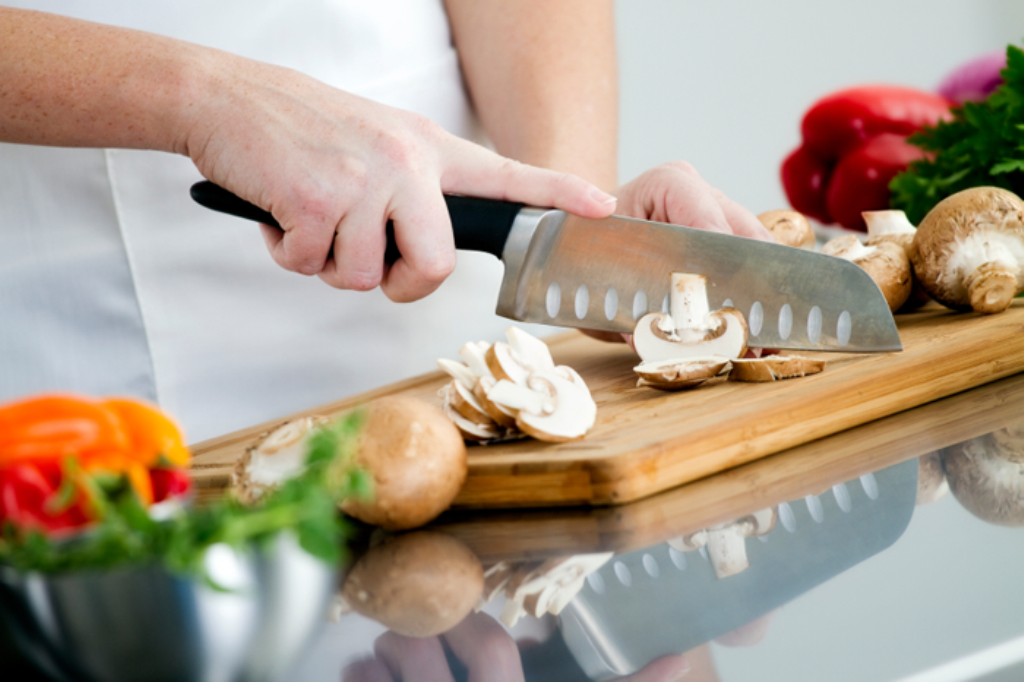If you're asking yourself why does my wood cutting board smell, you're certainly not by yourself. Many home cooks and professionals alike face the issue of unpleasant odors from their cherished kitchen tools, and wooden cutting boards are no exception. So, what exactly causes these odors? Let's dive into the underlying issues and find solutions, tips, and care practices that will ensure both your kitchen and cutting board remain in excellent condition.
Wooden cutting boards are celebrated for their sturdiness and beauty, but they can also trap food particles and moisture, resulting in those unwanted smells. In this article, we'll discuss the factors contributing to a smelly cutting board, strategies to eliminate these odors, and the best practices for keeping your wooden kitchen tools smelling fresh.

Understanding the Odors: What's Causing the Smell?
Before we tackle the issue, it's crucial to understand the reasons behind these odors. Here are some common culprits:
1. Food Residues and Bacteria
Leftover food particles can turn your board into a breeding ground for bacteria. According to a Real Simple article, these bacteria not only create unpleasant smells but may also result in food contamination.
2. Trapped Moisture
Wood is porous by nature, and if your cutting board retains moisture after washing, it can promote mold and mildew growth. Always ensure your board is completely dry after cleaning.
3. Seeped Oils and Fats
Fats and oils from the food you cut can penetrate the wood fibers, which contributes to lingering odors. Implementing specialized cleaning methods can effectively remove these trapped oils.
How to Eliminate Odors from Your Wood Cutting Board
There are several effective techniques to banish odors from your cutting board:
1. Thorough Cleaning
Begin with a solid wash using warm, soapy water, followed by a thorough rinse. Avoid soaking your wooden board, as excessive moisture can worsen the odors.
2. Baking Soda Usage
Baking soda serves as an excellent deodorizer. Generously sprinkle it over the surface, allow it to rest for about 15 minutes, then scrub with a sponge. Rinse well afterward. You'll find this method remarkably effective.
3. Vinegar Application
White vinegar is another excellent option for neutralizing odors. Dampen a cloth with vinegar and wipe down the entire cutting board. Let it sit for about 5 minutes, and then rinse thoroughly.
4. Conditioning Your Board
Regularly oiling your wooden cutting board is crucial for preserving its integrity and warding off odors. Opt for food-safe mineral oil or a dedicated cutting board oil. Conditioning the wood creates a barrier that helps prevent moisture and food particles from sinking in.
Life-Changing Maintenance Practices
To ensure your wood cutting board remains in excellent shape and to prevent future odors, consider these maintenance practices:
1. Regular Oiling
Make it a habit to apply oil to your board every month or as needed, depending on how often you use it. Oiling forms a protective barrier against moisture and food particles, ultimately extending your board's lifespan.
2. Use Dedicated Boards
Establish separate boards for different food types, such as raw meat and fresh produce. This not only boosts hygiene but also helps prevent cross-contamination and odor transfer.
3. Prompt Clean-Up
After each use, quickly clean your cutting board. The sooner you wash it, the less likely food particles will cling and create odors.
4. Proper Storage
Store your cutting board in a dry location. If it's wrapped in plastic or placed in a damp area, it risks developing unpleasant smells.
External Resources and Useful Links
For more in-depth insights on maintaining cutting boards, visit this Bon Apptit article that offers practical advice and tips.

Frequently Asked Questions
1. Can I use the dishwasher for my wooden cutting board?
No, it's not recommended to wash wooden cutting boards in the dishwasher due to the potential for heat and moisture to warp the wood.
2. When should I oil my cutting board?
You should oil your cutting board at least once a month, or whenever you notice it appears dry.
3. What oils are best suited for my wooden cutting board?
Only use food-safe mineral oil or specialized cutting board oils for conditioning your board. Avoid vegetable oils, as these can go rancid over time.
As an Amazon Associate, I earn from qualifying purchases.


























